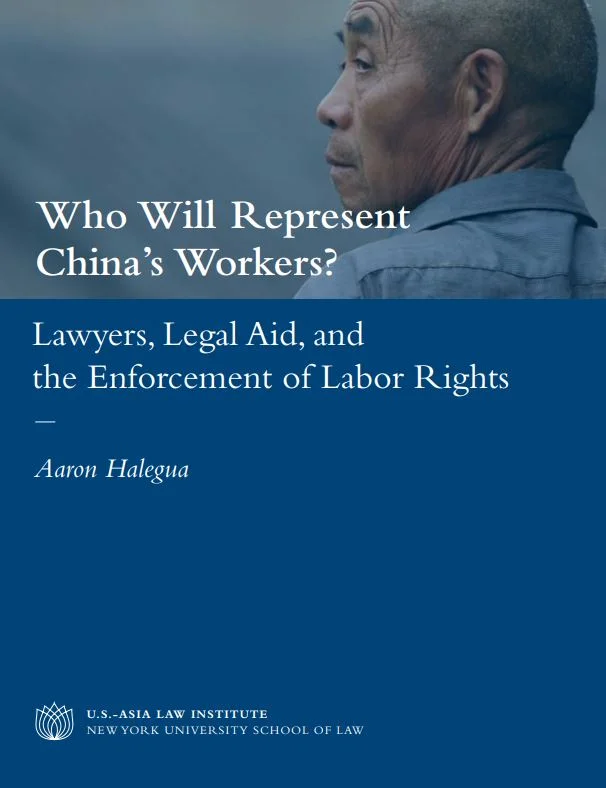
Who Will Represent China's Workers?
Lawyers, Legal Aid, and the Enforcement of Labor Rights
China’s rapid economic and social changes over the last few decades have fundamentally transformed labor relations in the country. As marketization has moved forward, working people—and particularly those migrating to the cities from the countryside—have encountered new forms of abuse and new legal challenges. In response, China has made considerable progress in legislating new legal protections for workers, facilitating access to labor arbitration and courts, and expanding governmentoperated legal aid programs. Nonetheless, as in other countries, there remains insufficient research concerning the precise scope of workers’ current legal needs, the landscape of legal service providers, the nature or quality of those providers’ services, and the size of the “representation gap” between legal needs and services. This report, commissioned by the Ford Foundation’s China office, is an effort to better understand these issues and assist in developing appropriate responses.